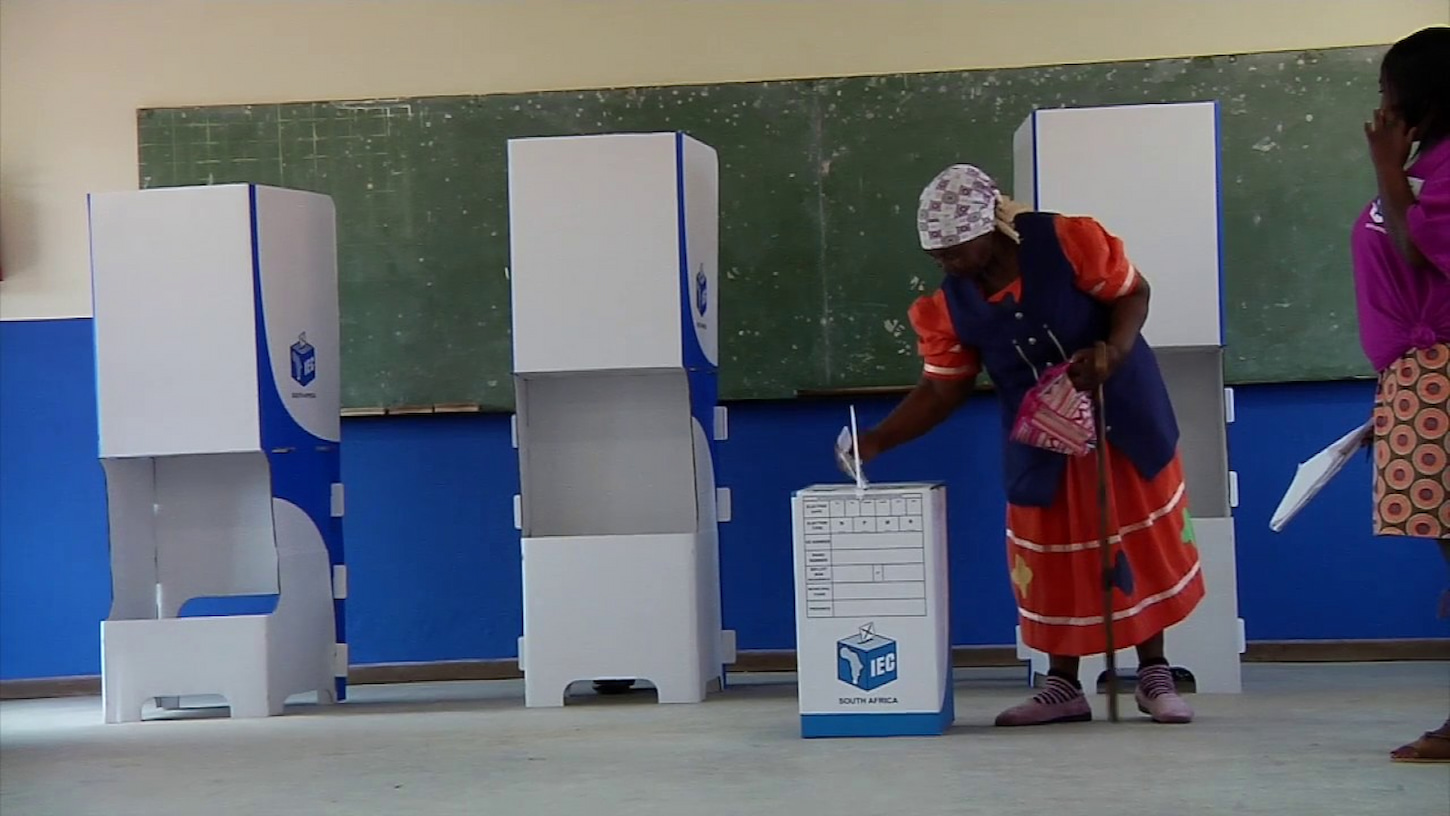
Explosion of new political parties in SA ahead of 2026 local government elections
Electoral Commission of South Africa says 62 new political parties have been registered since the 2024 elections, bringing the total to 508.

The political landscape in South Africa is undergoing a massive shake-up, with the Electoral Commission of South Africa (IEC) confirming that 62 new political parties had been registered since the conclusion of the 2024 National and Provincial Elections.
This dramatic surge, announced during an IEC media briefing on 4 November 2025, brings the total number of officially registered political parties in the country to a whopping 508 ahead of the 2026 Local Government Elections (LGE).
Of the 508 total registered political parties, 295 are registered at a national level. The remainder, 404 parties, are registered either provincially, or at the district or metro municipal level.
The commission noted that 14 of the 62 newest parties were registered in the short period between August and October 2025 alone, indicating rapid political formation activity.
Funding Compliance Falters as IEC Cracks Down
The dizzying number of new political parties registered comes amidst a serious crackdown on financial compliance under the Political Funding Act, with the IEC emphasising that all parties are legally and ethically obliged to maintain proper financial records.
While the 20 represented political parties demonstrated 90% compliance – with 18 of 20 submitting audited financial statements for the 2024-2025 financial year – two parties fell severely short.
Mmusi Maimane’s Build One SA and the National Coloured Congress, led by Fadiel Adams, have been flagged for failing to submit their audited financials by the 30 September 2025 deadline.
The situation is far worse among the unrepresented parties, where only 28% of the 438 parties complied with the requirement to submit financial records accompanied by an affidavit. Consequently, a massive 304 unrepresented parties were also served with directions for non-compliance with the Political Funding Act.
IEC Blocks Islamic State of Africa and Mandela for President parties
The IEC has been stringent in vetting potential contestants, leading to the refusal of registration for several applications.
The application by the Islamic State of Africa (ISA) was rejected after the party failed to meet the threshold of prescribed details of registered voters and faced over 200 objections.
Objectors argued that ISA’s constitution, which espoused policies based on Sharia law, was “antithetical to the secular and inclusive nature of the principles underpinning the South African constitutional order”.
The IEC subsequently dismissed ISA’s appeal, ruling that the proposed principles are incompatible with the constitutional values of South Africa. The ISA is reportedly exploring legal avenues to challenge this ruling in the High Court.
Another refusal involved former ANC MP Boy Mamabolo’s attempt to launch Mandela for President party.
The IEC rejected the application partly because the name and green and black colours could mislead voters into believing the party was associated with the ANC or the late former president Nelson Mandela.
The party was subsequently rebranded to Born to Win.
Digital Surge in Voter Registration
Amidst the flurry of new political formations, the IEC is encouraged by strong progress in voter registration. Between January and September 2025, a substantial 305,206 new voters registered.
The data reflects that South Africans, particularly young first-time voters, are embracing digital methods. A massive 76.8% of voters were captured using the Voter Management Devices (VMD), while 12% used the convenience of the online registration portal.
The IEC is urging all eligible citizens to use the self-registration platform to ensure they are registered where they live, particularly in light of recent ward delimitation changes.
